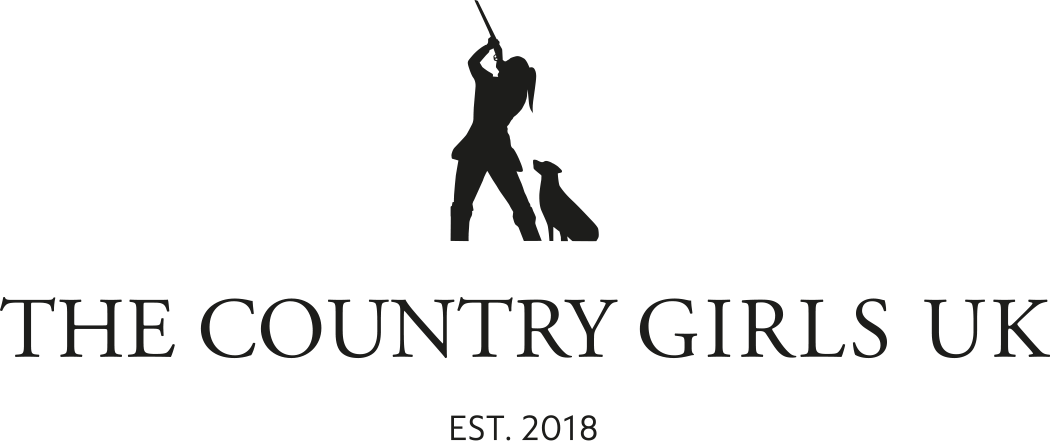If you’ve made it past the Eurovision coverage in the papers over the past couple of days you might have seen that the Archbishop of Canterbury was recently fined for speeding. Disappointingly, the Most Reverend Justin Welby was only doing 25mph in a 20mph zone, rather than racing at 180mph towards some kind of ecclesiastical emergency, but it nevertheless is a very good illustration of my central theme in this blog post: no-one is perfect.
When you’re filling in your shotgun or FAC application form, no matter if that’s for the very first time or the tenth time, the phrase ‘no-one is perfect’ is a great one to remember. Part B of that application form asks “Have you ever been diagnosed or treated for any of the medical conditions in note 5?”, and at MedCert we receive a lot of calls and emails from applicants who are worried that ticking the ‘yes’ box to that question means that they’ll automatically be disqualified from having a licence.
Fortunately for all of us, this couldn’t be further from the truth. Firearms Enquiry Officers, many of whom have significant experience of policing prior to joining their licensing team, know better than most that everyone goes through a hard time sooner or later. They are also human, compassionate and probably a lot less scary than you imagine when you’re applying for your first licence. What matters to your FEO is not that you have a clean bill of health, but rather that any relevant conditions either have been or are continuing to be managed successfully. Don’t believe me? Watch the recording of the licensing chat hosted by The Country Girls UK in your members portal and you’ll hear from Essex’s police’s wonderful Deborah Allum on this topic, as well as lots of other really useful points related to licensing applications in general.



Ending the myth that admitting to mental health problems leads to the loss of your licence is something we’re really passionate about at MedCert. It’s not just because it’s vital for the future of our sport that everyone is entirely open and honest with their licensing department, but also – and indeed primarily – because it’s vital that anyone who is struggling with their mental health seeks and receives the support that they need.
The good news is that there is a huge amount of mental health support available if and when you do need it. Your GP is normally the best first port of call: many GPs are doing fantastic work in not only looking after patients at the initial point of contact, but also in referring them to the relevant local care and instigating a programme of regular contact to ensure that no-one is left unsupported.
If you’re finding it hard to get a GP appointment, however, then it’s worth looking to see if your workplace has an Employee Assistance Programme (EAP) which offers support and counselling, or contacting a relevant charity. There are many great charities out there providing mental health support, and if you’re a gamekeeper or have one in your family we’d highly recommend contacting the fabulous Gamekeepers Welfare Trust, who offer a vast range of support for mental health as well as other issues.
If you’re struggling with your mental health, there is genuinely no good reason not to seek help or to then declare to your licensing department that you’re receiving help – and a thousand reasons why you should. Unfortunately, we have in the past seen examples where applicants have tried to hide mental health conditions from the police, either by ceasing to take important medication prior to applying or by more nefarious means and – to cut several long stories short – this never ends well.
As a nation we’re still not very good at discussing our mental health. Having to speak to licensing about it, whether that’s during your interview or when, as a licence holder, you ring up to let them know your circumstances have changed, can be a very awkward prospect, but I can guarantee you that the experience will be much less painful than you think – and a million times better than trying to keep it a secret.
No-one is perfect, and that’s perfectly ok. But while not being perfect isn’t, and never will be, a requirement to hold a licence, being honest is. At the end of the day your health is the most important thing and shooting, as long as we’re all responsible, honest licence holders, will still be there when you’re feeling better.
Top tips
*If you hold a licence and go through a rough patch, tell your licensing department. You can then agree on a plan for managing things until you’re better.
*If you’ve acted as a referee for someone who’s going through a bad patch, encourage them to do the same. If they refuse, consider phoning their GP or their licensing department.
*Declare any health conditions on the application form every single time. No matter if it was 50 years ago, it needs to be included every 5 years.
*Remember that your FEO is human, and is not out to get you. They probably would like a cup of tea, though.
Written by Caroline Roddis, Founder of Medcert

